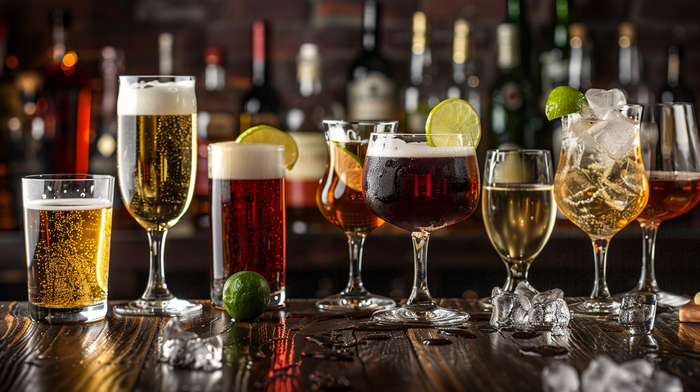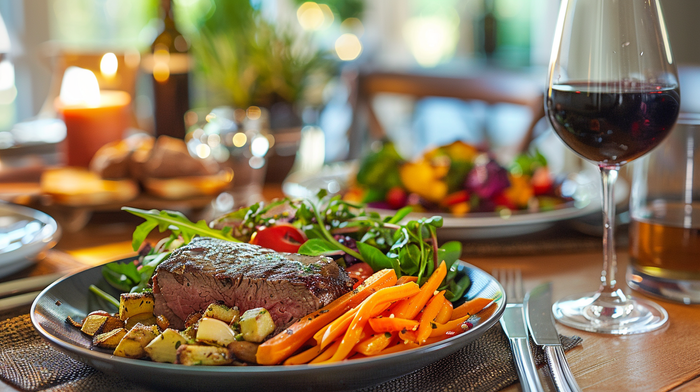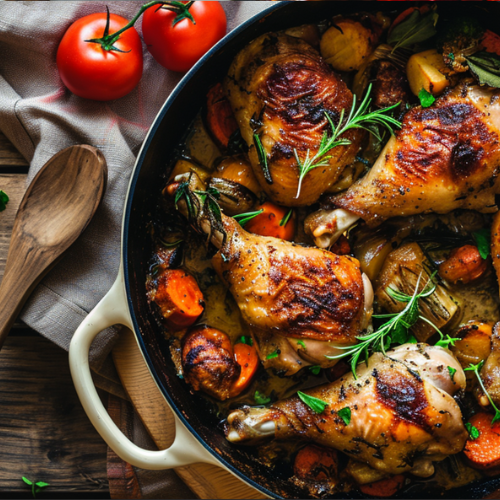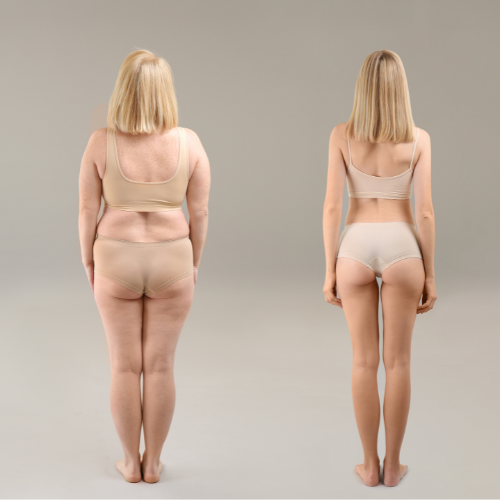Minimizing the impact of alcohol on your diet: Tips and tricks

Alcohol plays a significant role in many people's social lives, but its impact on diet and healthy lifestyles can be significant. But is it possible to enjoy the social aspects of life without giving up alcohol altogether, while still taking care of your health and dietary goals? The answer is yes. In this article, we will present a number of tips and tricks to help you minimize the impact of alcohol on your diet.
Understanding the caloric content of alcohol
The first step to controlling the effects of alcohol on your diet is to understand that alcohol provides empty calories. Ethyl alcohol, or ethanol, contained in alcoholic beverages, provides about 7 calories per gram, which puts it between the caloric values of fats and carbohydrates. However, the calories from alcohol do not provide the body with any nutritional value, making them so-called empty calories.
Choose wisely

When deciding whether to consume alcohol, it is important to choose drinks with lower calorie content. For example, light beers, wine, and especially red wine due to its added health benefits, may be a better choice than high-calorie cocktails or sweet alcohols. In addition, it's always a good idea to pay attention to portion size - less alcohol means fewer calories.
Hydration is key
Alcohol is a diuretic, which means that it contributes to dehydration. To minimize this effect, it's important to drink plenty of water before, during and after alcohol consumption. A good way to do this is to alternate drinking alcohol and water - this will not only help you stay hydrated, but also reduce the amount of alcohol consumed.
Don't drink on an empty stomach

Consuming alcohol on an empty stomach can lead to faster absorption of alcohol into the bloodstream, which in turn can increase its negative effects on the body. Eating before consuming alcohol will help slow the absorption of alcohol and ensure that the calories from alcohol are not the only calories you consume, which can help you maintain a healthier diet.
Limit alcohol consumption before bedtime
Consuming alcohol just before bedtime can negatively affect the quality of your sleep. Alcohol can make you fall asleep faster, but it can also contribute to waking up more often during the night, which ultimately leads to poorer quality sleep. That's why it's a good idea to limit your alcohol intake a few hours before bedtime.
Physical activity

Regular physical activity can help offset the calories consumed from alcohol. Exercise not only helps burn calories, but it can also improve your overall well-being and health, which can reduce your need to reach for alcohol as a form of relaxation.
Summary
Minimizing the effects of alcohol on diet requires conscious choices and moderation. By remembering to choose beverages with lower caloric content, proper hydration, not drinking on an empty stomach, limiting alcohol intake before bed, and staying physically active, you can enjoy the social aspects of life without compromising your health and dietary goals. Balance and moderation is the key to a healthy lifestyle, even if alcohol is part of it.




